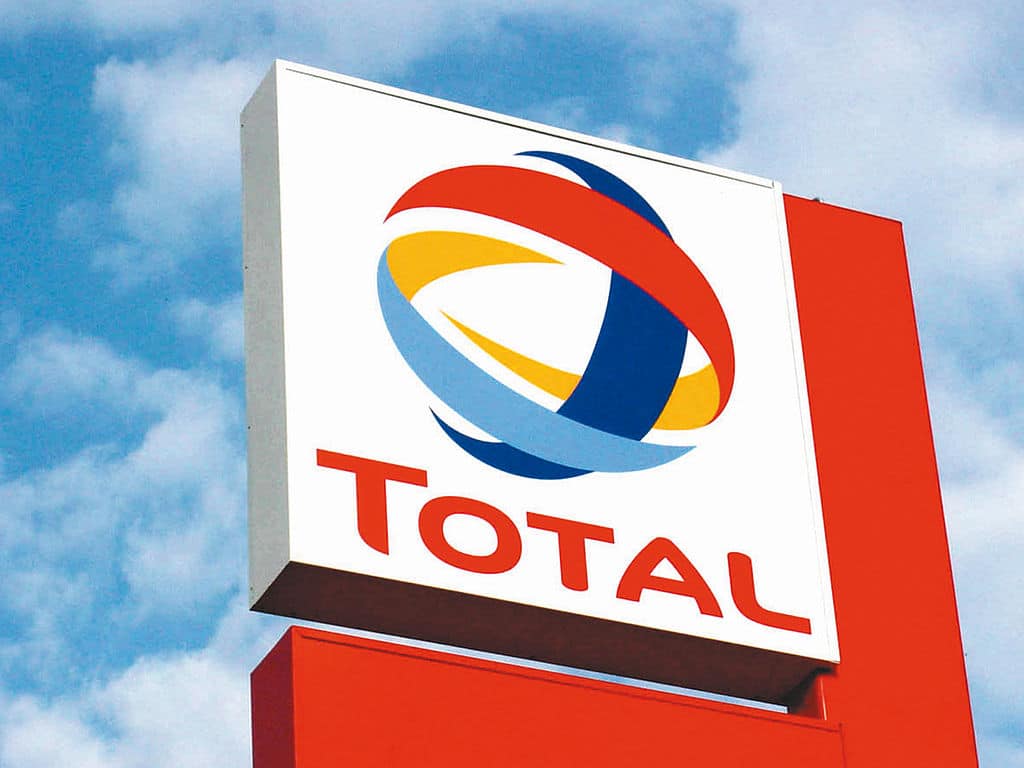Total’s “incredibly risky” crude oil pipeline may still lack the financial backing it requires, campaigners have claimed, as the controversial project moves one step closer to completion.
Once finished, the 1,443km-long East African Crude Oil Pipeline (EACOP) could transport up to 216,000 barrels a day from the Lake Albert region in landlocked Uganda to Tanga in Tanzania, with the first oil expected in 2025.
Campaigners have for years opposed the proposed pipeline and associated oil projects. They say that EACOP – which is set to be electrically heated to keep the oil at the right temperature – would cut through rivers and forest ecosystems. If the pipeline is built, over 100,000 people across Uganda and Tanzania would lose agricultural land, and thousands could lose their homes.
TotalEnergies and partner China National Offshore Oil Corporation (CNOOC) signalled a public intention to proceed with the project through a final investment decision (FID) last week. They pledged to invest more than US$10 billion in developing crude oil production in East Africa, in addition to the estimated $3.5-$5 billion cost of the pipeline.
However, a coalition of environmental and human rights groups opposing the pipeline, Stop EACOP, says the announcement is thin on detail and the project is not yet assured.
The final investment decision was a “show of progress”, said Ryan Brightwell, a campaigner at non-profit BankTrack, but companies were “staying quiet on the crucial question of where the money will come from for their incredibly risky pipeline plans”.
Under Pressure
A number of financial institutions have already distanced themselves from the project after the coalition briefed financiers about the risks last year.
The pipeline forms one part of the Ugandan oil development, which also includes the country’s first planned oil refinery, and two oil fields — Tilenga and Kingfisher.
In a statement responding to the final investment decision, the coalition noted that 11 international banks and three insurance companies have already declined to finance the project.
Among them are the African Development Bank and UK’s Export Credit Agency. The French insurance company AXA said the project was “not compatible with our risk appetite and, more broadly, with our climate commitments”.
Barclays bank, which between 2016 and 2020 provided $2.85 billion in finance for Total, has also ruled out any future funding for the pipeline, as well as HSBC, BNP Paribas and Credit Suisse.
Total has committed to reaching net zero emissions by 2050. Campaigners say this pledge is at odds with the pipeline project, which they claim could result in over 34 million tonnes of carbon dioxide each year through combustion of the transported oil.
The final investment decision comes nine months after the International Energy Agency (IEA) warned there can be no more new oil and gas investments if the world is to limit temperature rise to 1.5C.
Brightwell, of BankTrack, warned that crackdowns on peaceful protesters in Uganda, as well as risks to “communities, nature, water and the climate”, were harming the project’s image. “No wonder the project is struggling to find financiers unscrupulous and reckless enough to back it,” he said.
‘Grave Risks’
Total has previously admitted that the projects are “situated in a sensitive social and environmental context and require land acquisition programs with close attention to the rights of the affected communities”.
However, the energy company claims to be providing financial as well as environmental benefits for the region, and says the development will create 58,000 jobs.
While a final investment decision signals a decision made by a company to move forward with the project, it is not the same as a financial close, which means all financing has been executed and delivered.
There is therefore still time to prevent the project from going ahead, said Landry Ninteretse, regional director for environmental campaign group 350Africa.org, which is part of the Stop EACOP coalition.
“Together, we can further pressure the reluctant ones, stop this fossil finance flowing into the region and expose TotalEnergies, a company which has been previously associated with opaque contracts, lack of accountability and violation of basic rights of grassroots communities across Africa and beyond,” he said.
Total and the China National Offshore Oil Company were approached for comment, but had not responded by deadline.
Subscribe to our newsletter
Stay up to date with DeSmog news and alerts






